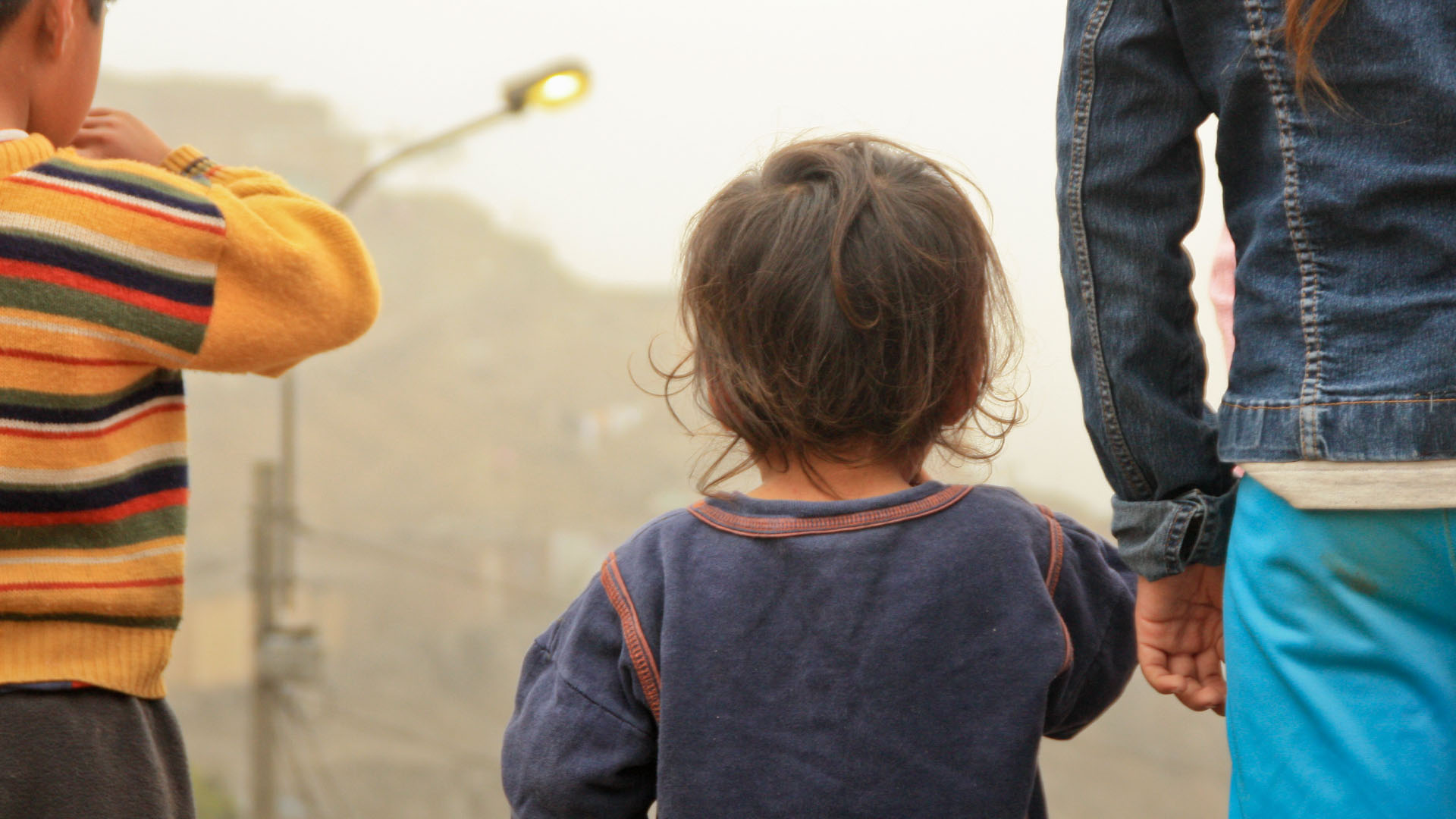Church leaders in Brazil are looking for ways to build up children and teenagers as vital ministry workers.
The ministry of Jacob’s Well extends throughout northern Brazil, sharing the gospel alongside helping people get access to the clean water but also teaching them new agricultural practices, hygiene lessons and other community skills.
Reading lessons are one of their programs, meant to combat the high levels of illiteracy in Brazil’s rural areas.
One of their missionaries goes to a village in her region twice a week to hold a reading and writing class for the children and then one for the adults. One day, two of the middle school-aged students asked if they could stay for the adults’ class.
As the lesson was going on, the missionary noticed that these two teens were helping some of the adult students with their work.
A few weeks later, the missionary wasn’t able to make it out to the village, so the teenage girl stood up and taught this class of her parents’ peers.
Cultivating a Spirit of Service
Encouraged by this show of community ownership, the missionary came back and told the leaders of Jacob’s Well.
The story really caught one leader’s attention. Renato had begun working with World Challenge to help the ministry in Brazil increase its self-sustainability. He had a vision of building up new leaders to take over the work so that the gospel and community change could more effectively spread.
However, he had been disconcerted by the disconnection between generations that he was witnessing in communities and even the church itself.
“When the younger generation isn’t asked to help the older generation, we miss out on a vital aspect of community,” Renato explained. “That spirit of service isn’t developed. There’s a loss.”
The story of the teenage girl teaching a literacy class for adults in her own village rang out like a clarion call.
“The Lord’s showing this to me, and I’m not sure how it fits into our mission yet. Maybe we can start incorporating community evangelism for teenagers along with adults, teaching them to engage and take ownership of their community.”
With this burden on his heart, he began talking to Brazil’s World Challenge trainer about how they could bridge the gap.
Encouraging Small Teachers
Several missionaries and community trainers from the surrounding area gathered for a community evangelism lesson. Renato’s son and three other boys—two were the sons of missionaries to indigenous tribes; the other was the son of a local trainer—were there, and Renato had an idea.
He asked the boys to sit in on the adults’ lesson and take part in the discussion.
Afterward, everyone was required to create a community lesson that they would teach to the group as if they would out in the field. The children crowded around Renato. “Could we make up our own presentation?”
Of course, he agreed.
One boy gave instructions to the group while Renato’s son translated the whole presentation into Portuguese.
“It was a great presentation and thorough plan for their ‘community.’”
The evening turned into an opportunity to see the younger generation engage with the older generation and also take ownership of the mission field God has laid out before all believers, regardless of their age.
This could be part of the answer to integrating children into missional community that has been forefront in Renato’s mind for a while now.
In the future, he hopes to start trainings for community health and evangelism led by both adults and teenagers, building up children as an essential part of the church.
“Don’t let anyone think less of you because you are young. Be an example to all believers in what you say, in the way you live, in your love, your faith, and your purity” (1 Timothy 4:12 NLT).
